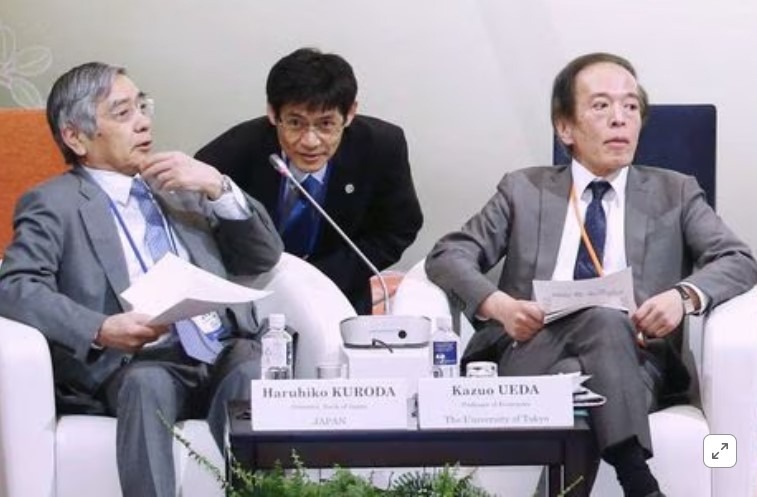The Japanese Trade Union Confederation (JTUC, more commonly known as Rengo) says its survey of 2000+ unions in the country shows an average pay rise request of 4.49% this year. This is the highest since 1998's 4.36% and is much higher than the 2.97% sought in 2022.
Japan's "shunto" spring wage talks are held each March, where larger firms meet with unions for wage talks. Agreements reached at these wage talks influence wages at smaller firms.
The Bank of Japan is encouraging higher wages to support inflation . It sees the current bout of high (for Japan) CPI as transitory only, as cost-push inflation that their forecasts expect to slow from the middle of the 2023 fiscal year (this begins on April 1). Indeed, there are some signs CPI growth is slowing already:
Higher wages, the Bank argues, would support demand-pull inflation. This form of inflation, BOJ officials say, would help ensure more sustainable and stable inflation around the Bank's 2% target. If the BOJ can achieve stable 2% inflation there is a case for a reduction in its ultra-loose, ultra-stimulatory policy. At the margin this would be yen supportive.

Bank of Japan Governor Haruhiko Kuroda and incoming head, from April 8, Kazuo Ueda, seated.



